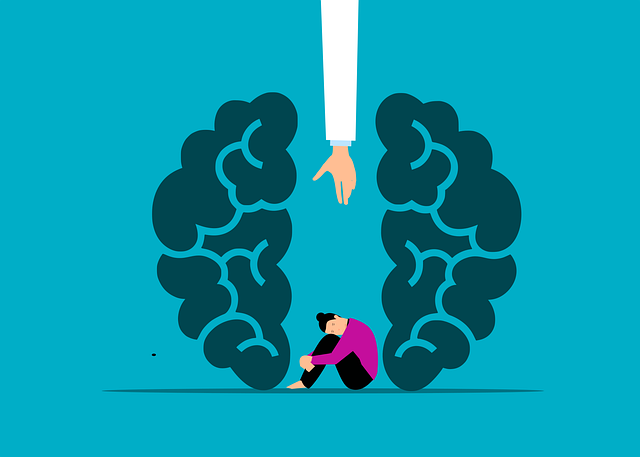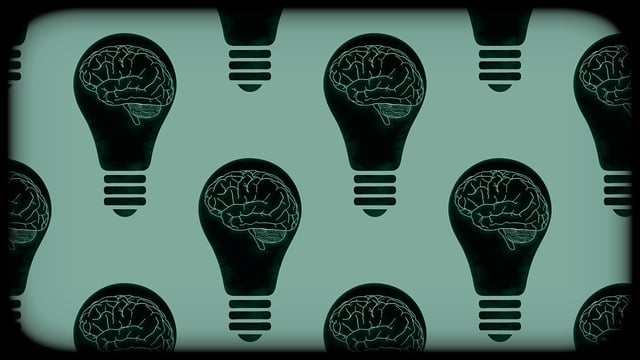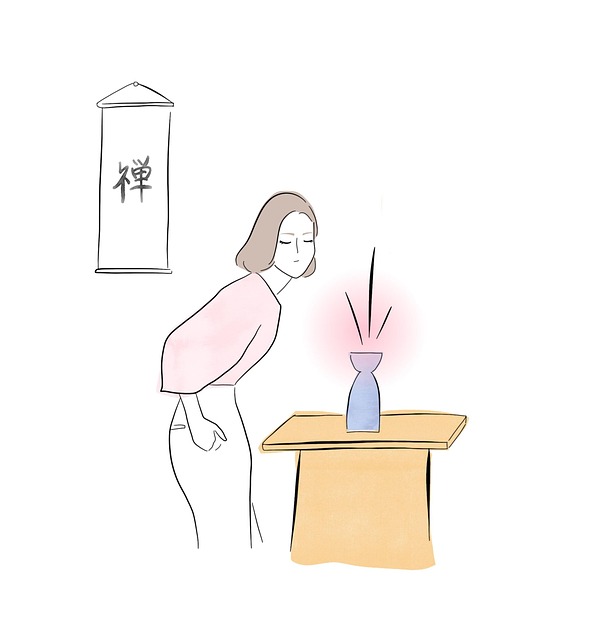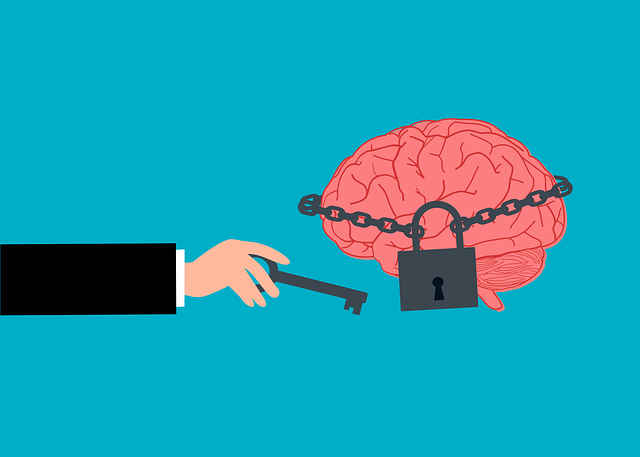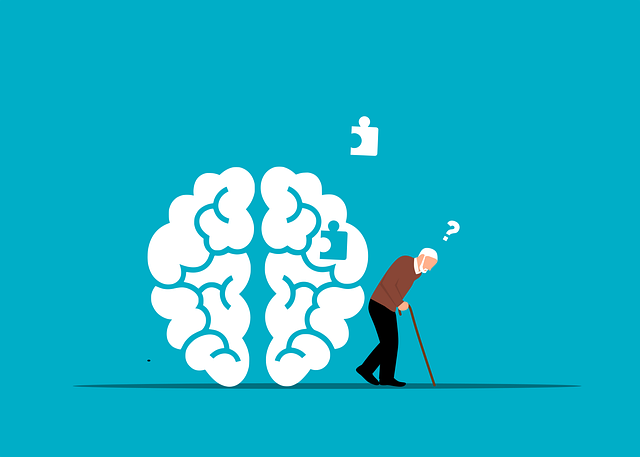Aurora Chronic Illness Therapy focuses on Emotional Intelligence (EI) as a key component of holistic mental wellness for individuals managing chronic illnesses. Through its tailored strategies, podcasts, and innovative approaches like light therapy, the center helps clients develop self-awareness, regulate emotions, and build strong relationships. By addressing emotional challenges specific to chronic illness, Aurora empowers individuals to enhance their EI, reduce stress, anxiety, and depression, and achieve better overall well-being.
Emotional intelligence (EQ) is a powerful tool for navigating life’s challenges, especially those facing individuals with chronic illnesses. This article explores the profound impact of EQ on overall well-being and provides insights into managing emotions effectively. We delve into innovative approaches like Aurora Therapy, offering new paths to emotional resilience. Additionally, discover practical strategies for daily emotional regulation and learn why cultivating self-compassion is a cornerstone of developing high EQ. Learn how these techniques can empower you or someone you know living with chronic illness.
- Understanding Emotional Intelligence and its Impact on Well-being
- The Challenge of Managing Emotions with Chronic Illness
- Aurora Therapy: An Approach to Enhance Emotional Resilience
- Practical Strategies for Daily Emotional Regulation
- Cultivating Self-Compassion: A Key Component of Emotional Intelligence
Understanding Emotional Intelligence and its Impact on Well-being

Emotional Intelligence (EI) refers to an individual’s ability to recognize, understand, and manage their own emotions, as well as perceive, interpret, and respond appropriately to the emotions of others. This skill set goes beyond mere empathy; it involves self-awareness, self-regulation, motivation, empathy, and social skills. At Aurora Chronic Illness Therapy, we believe that cultivating EI is a key aspect of achieving holistic mental wellness. By enhancing emotional intelligence, individuals can improve their relationships, make better decisions, and lead more fulfilling lives.
EI plays a profound role in our overall well-being, impacting how we cope with stress, resolve conflicts, and build strong connections with others. Research suggests that high EI is associated with reduced symptoms of anxiety and depression, improved job performance, and increased life satisfaction. Our Mental Wellness Podcast Series Production often delves into emotional healing processes, highlighting the power of understanding and managing emotions for personal growth. Recognizing the importance of EI, Aurora Chronic Illness Therapy offers tailored strategies to help individuals develop and strengthen their emotional intelligence, fostering a healthier and more balanced lifestyle.
The Challenge of Managing Emotions with Chronic Illness

Managing emotions can be a significant challenge for individuals living with chronic illness. The constant physical and emotional strain can lead to heightened stress levels, anxiety, and depression—all of which impact emotional intelligence (EI). Chronic pain or fatigue may limit one’s ability to engage in activities that foster empathy building strategies and compassion cultivation practices, essential components of EI development. These experiences can make it difficult for individuals to regulate their emotions effectively, understand others’ feelings, and respond with empathy.
Seeking professional help through therapy, such as what is offered at Aurora Chronic Illness Therapy, can provide valuable support. Therapists equipped with specialized knowledge can offer tailored strategies to manage emotional responses, enhance self-awareness, and develop healthier coping mechanisms. Through these practices, individuals can improve their EI, fostering better relationships and overall well-being despite the challenges posed by chronic illness.
Aurora Therapy: An Approach to Enhance Emotional Resilience

Aurora Chronic Illness Therapy offers a unique and innovative approach to enhancing emotional resilience. This therapy utilizes light as a therapeutic tool, mimicking the natural rhythms of the sun to regulate mood and promote mental well-being. By exposing individuals to specific light spectra at different times of the day, Aurora Therapy can help balance serotonin levels, often disrupted in those dealing with chronic illnesses or stress.
This method not only aids in managing symptoms but also supports the development of emotional healing processes. The rhythmic nature of the treatment can improve sleep patterns and energy levels, allowing individuals to better cope with their conditions. Moreover, empathy building strategies incorporated into Aurora Therapy sessions can foster deeper understanding and connection between patients and mental health professionals, enhancing overall risk management planning for emotional well-being.
Practical Strategies for Daily Emotional Regulation

Emotional regulation is a vital skill to cultivate, especially for those managing chronic illnesses. At Aurora Chronic Illness Therapy, we believe that daily practice and practical strategies are key to mastering this art. One effective approach is mindfulness meditation, which encourages individuals to focus on the present moment, acknowledging and accepting emotions without judgment. This simple yet powerful tool can help reduce reactive responses to stressful situations.
Additionally, developing healthy communication strategies is essential. Engaging in open and honest conversations with loved ones or joining support groups allows individuals to express their feelings and gain different perspectives. Stress Management Workshops organized by our therapy center provide valuable techniques for coping with everyday pressures. These workshops teach practical tools like deep breathing exercises, progressive muscle relaxation, and cognitive reframing, enabling participants to effectively manage stress and improve overall mental wellness.
Cultivating Self-Compassion: A Key Component of Emotional Intelligence

In the journey towards cultivating emotional intelligence, self-compassion emerges as a powerful tool that can significantly enhance one’s mental and emotional well-being. This concept is particularly relevant for individuals navigating challenges such as chronic illness, where managing stress and anxiety becomes an integral part of their daily lives. At Aurora Chronic Illness Therapy, we emphasize the importance of treating oneself with kindness and understanding, especially in times of struggle.
By adopting self-compassion, individuals can develop a more positive relationship with themselves, fostering empathy and resilience. It involves recognizing that everyone faces difficulties and that struggles are a universal part of the human experience. This mindset shift allows for better stress management and anxiety relief, enabling people to approach their emotions with openness and curiosity rather than judgment. As a result, they become better equipped to navigate life’s challenges, build stronger relationships, and enhance overall emotional intelligence.
Emotional intelligence is a vital tool for navigating life’s challenges, especially those with chronic illness. By understanding and managing emotions effectively, individuals can enhance their well-being and overall resilience. Aurora therapy offers a unique approach to fostering emotional resilience, while practical strategies and self-compassion cultivation provide daily support. Integrating these techniques empowers folks to thrive despite life’s hurdles, including the complexities of chronic conditions. This multi-faceted approach to emotional intelligence building is a game-changer, offering sustainable solutions for improved mental health and quality of life.








